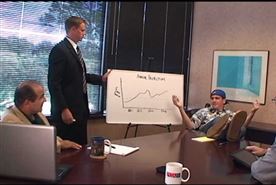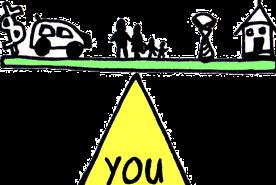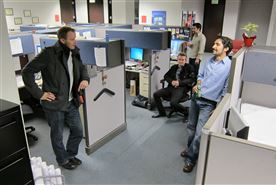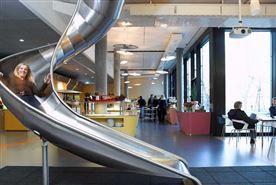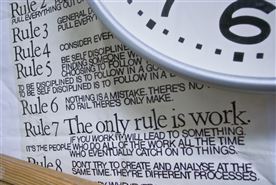YOLA 11: The Great Work Myth - all
Noun
language that is intended to influence people and that may not be honest or reasonable
rhetoric
The rhetoric about longer working hours also needs to be put in perspective. The average working day has increased in length over the last two decades, but by just one minute and forty-two seconds.
The rhetoric about longer working hours also needs to be put in perspective. The average working day has increased in length over the last two decades, but by just one minute and forty-two seconds.
Noun
the act of causing someone to feel that she or he no longer belongs in a particular group
alienation
This idea that work is essentially bad for us has a long history. Karl Marx described workers being 'alienated' from the product of their labor: What, then, constitutes the alienation of labor?' he asked.
This idea that work is essentially bad for us has a long history. Karl Marx described workers being 'alienated' from the product of their labor: What, then, constitutes the alienation of labor?' he asked.
Noun
an initial or partial payment one makes to reduce a debt or to show gratitude
down payment
‘We should strive to be employed in such a way that we don't realize what we are doing is work.' Zeldin throws down the challenge for work in the 21st century. It's time to abandon the idea of work as a down payment on life.
‘We should strive to be employed in such a way that we don't realize what we are doing is work.' Zeldin throws down the challenge for work in the 21st century. It's time to abandon the idea of work as a down payment on life.
Noun
an unfair and untrue belief that many people have about a category of people or things
stereotype
However, before we can do so, all the modern myths about work will have to be exposed: the ones that continue to stereotype work as intrinsically sapping, demeaning, and corrosive. It is time to give work a break.
However, before we can do so, all the modern myths about work will have to be exposed: the ones that continue to stereotype work as intrinsically sapping, demeaning, and corrosive. It is time to give work a break.











